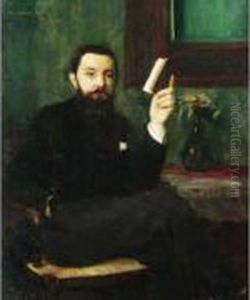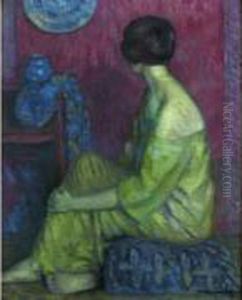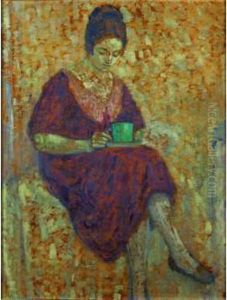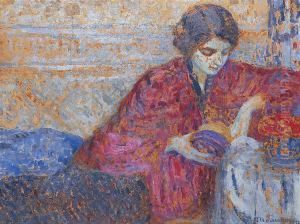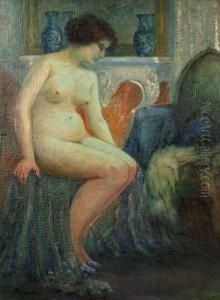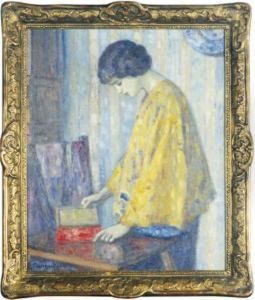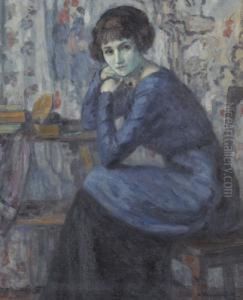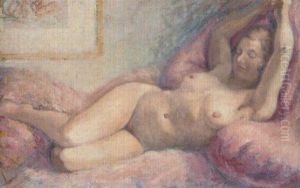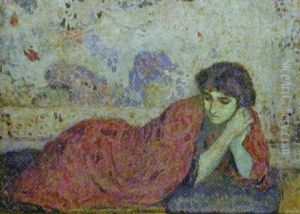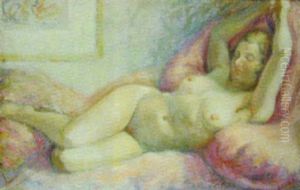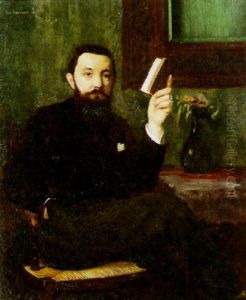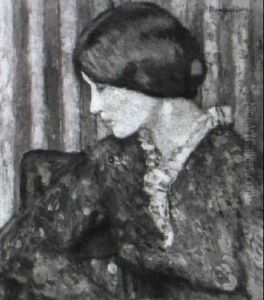Paul Renaudot Paintings
Paul Renaudot was a notable French physician, philanthropist, and journalist, born in 1560 in Loudun, France. Although not a widely recognized figure in the history of art, Renaudot made significant contributions to the medical field and the dissemination of knowledge during his time. His work as a physician was commendable, and he was particularly known for his charitable acts towards the poor, often providing free medical care to those who could not afford it.
Renaudot's interests extended beyond medicine to the realm of journalism and public service. In 1612, he founded the Bureau d'Adresse et de Rencontre in Paris, which was a sort of employment agency and center for public services. This establishment played a crucial role in helping people find jobs, obtain medical advice, and even borrow books, acting as an early information hub.
Perhaps Renaudot's most significant contribution to journalism was the establishment of the first weekly newspaper in France, 'La Gazette', in 1631, under the patronage of Cardinal Richelieu. As the founder and editor of 'La Gazette', Renaudot is often credited with being one of the pioneers of French journalism. 'La Gazette' served as an official mouthpiece for the French government, providing news on political events, society, and various happenings of the time.
Despite his lack of direct involvement in the arts, Renaudot's contributions to journalism and the dissemination of information during the 17th century indirectly supported the spread of knowledge, including that of art and culture. His legacy as a public servant, physician, and founder of one of the first newspapers in France marks him as an important figure in the history of media.
Paul Renaudot died in 1624, leaving behind a legacy of philanthropy, medical service, and pioneering work in journalism. His innovative approaches to spreading information and helping the needy were ahead of his time and laid the groundwork for future developments in public services and the media industry.
